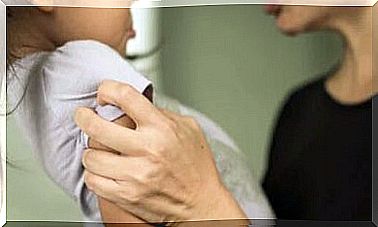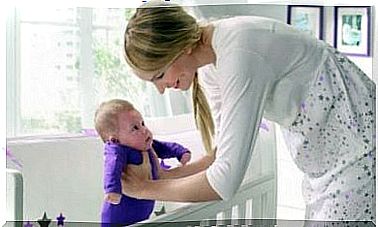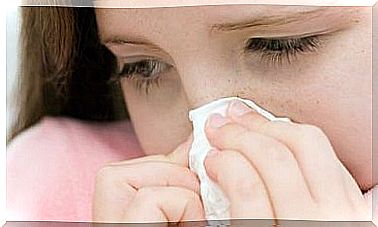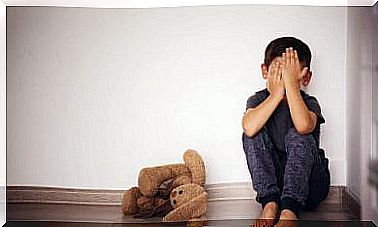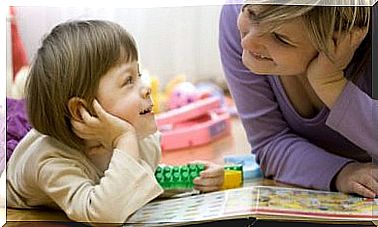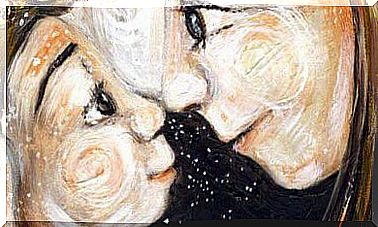6 First Aid Tips For Home Accidents
Everyone knows that prevention is better than cure. When this is not possible, we have to know how to act in case of domestic accidents.
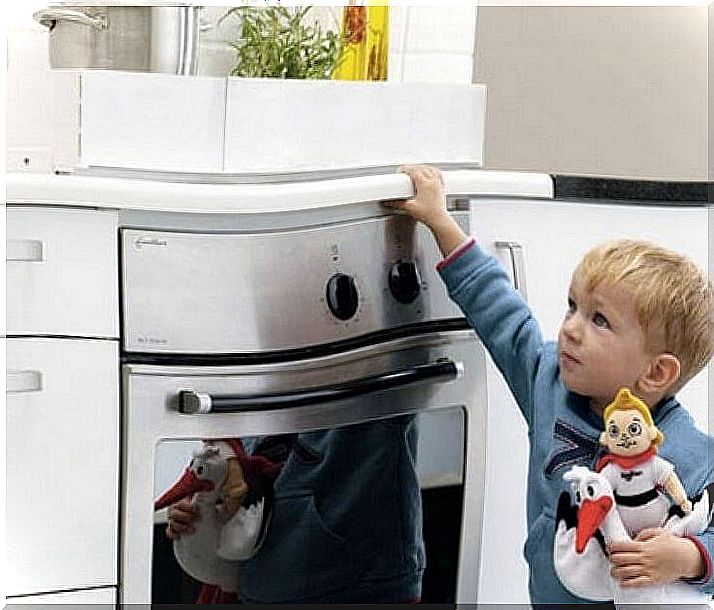
From the moment children are born, they are exposed to many small health inconveniences that can appear due to various factors . The first steps, for example, make them susceptible to falls, bumps and scratches.
And that’s just the beginning! Below, you’ll look at some of the steps you should take in situations that often happen at home with children of all ages.
First Aid for Home Accidents with Children
1. For cuts and scratches
- Act quickly. If the child is bleeding, you must first press the wound with a clean cloth until the bleeding stops.
- When bleeding stops, wash and dry the wound gently.
- If the injury is dirty or caused by an animal, clean it with soap and water.
- Cover it with a bandage or gauze to keep the wound from becoming infected and to stop the bleeding if it hasn’t already stopped.
- If you notice that the sore has started to inflame, become red, or have pus, take the child to the doctor immediately because these are clear signs of an infection.
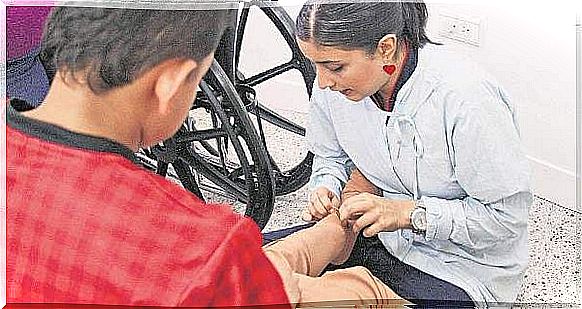
2. For burns
- If first aid is needed for burn-related accidents in the home, it is essential to immediately put the affected area of the body in contact with cold water or compresses until the pain subsides. It is worth noting that this measure should be taken only when the burns are superficial.
- Never burst blisters that may appear later on the skin.
- If the skin cracks, apply a cream with antibiotic properties to the lesion and cover it with a bandage.
- As in the previous case, if any liquid comes out, if there is inflammation or redness on the skin, it is time to seek medical help.
3. Bleeding in the nose
- Have your child sit upright, but do not tilt the child’s head back.
- Loosen any accessory or clothing that may be squeezing the neck region.
- Gently press your fingers on the cartilage where the nose starts for five to ten minutes.
- If bleeding is the result of a blow, reduce inflammation by placing an ice pack in your nose until bleeding stops.
- It is necessary to take the child to a hospital if the bleeding lasts longer than ten minutes or if it recurs several times throughout the day.
4. For pieces of glass embedded in the skin
- With soap and water, clean the area around the foreign body. Then clean with tweezers with alcohol and use to extract the glass piece. This should only be done if one of the ends is visible and within reach.
- In many cases, the glass shards come out of the skin on their own.
- If the foreign body does not come out after two days, if the wound hurts, turns red or releases some fluid, take your child to the hospital.
5. Eye injuries
- If the child is in pain, eyes are constantly watering, light sensitivity, or vision is blurred after trauma, place a clean cloth dampened with cold water on the area and take your child to a hospital emergency room. It could be that there is a superficial sore in the eye.
- If a different reaction occurs due to a chemical that may have come in contact with the eye, keep the eye open and run warm water over it.
- Follow up to make sure you have no abnormal vision symptoms during the days after the injury.
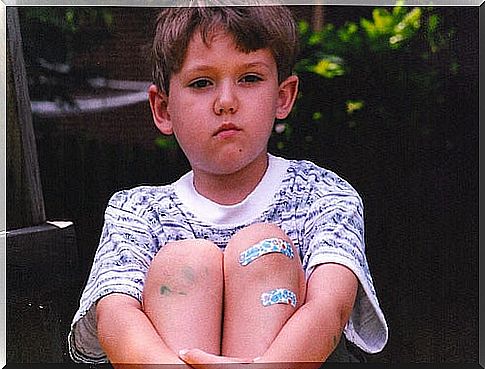
6. Insect bites
- If the insect has left a stinger, gently scrape the skin using your nails or a card (which should be clean!) to remove it without leaving a residue.
- Take your child to the emergency room immediately if he has difficulty breathing, has a cough, has voice problems, or has inflammation of the lips or tongue.
- To relieve itching, try cold compressing the area for a minute or applying a lotion that contains calamine or some other antihistamine, such as hydrocortisone.
- One of the most important tips: when the bite occurs somewhere where there is an epidemic of diseases transmitted by insects, you should take the child to see a doctor in order to avoid further problems.
